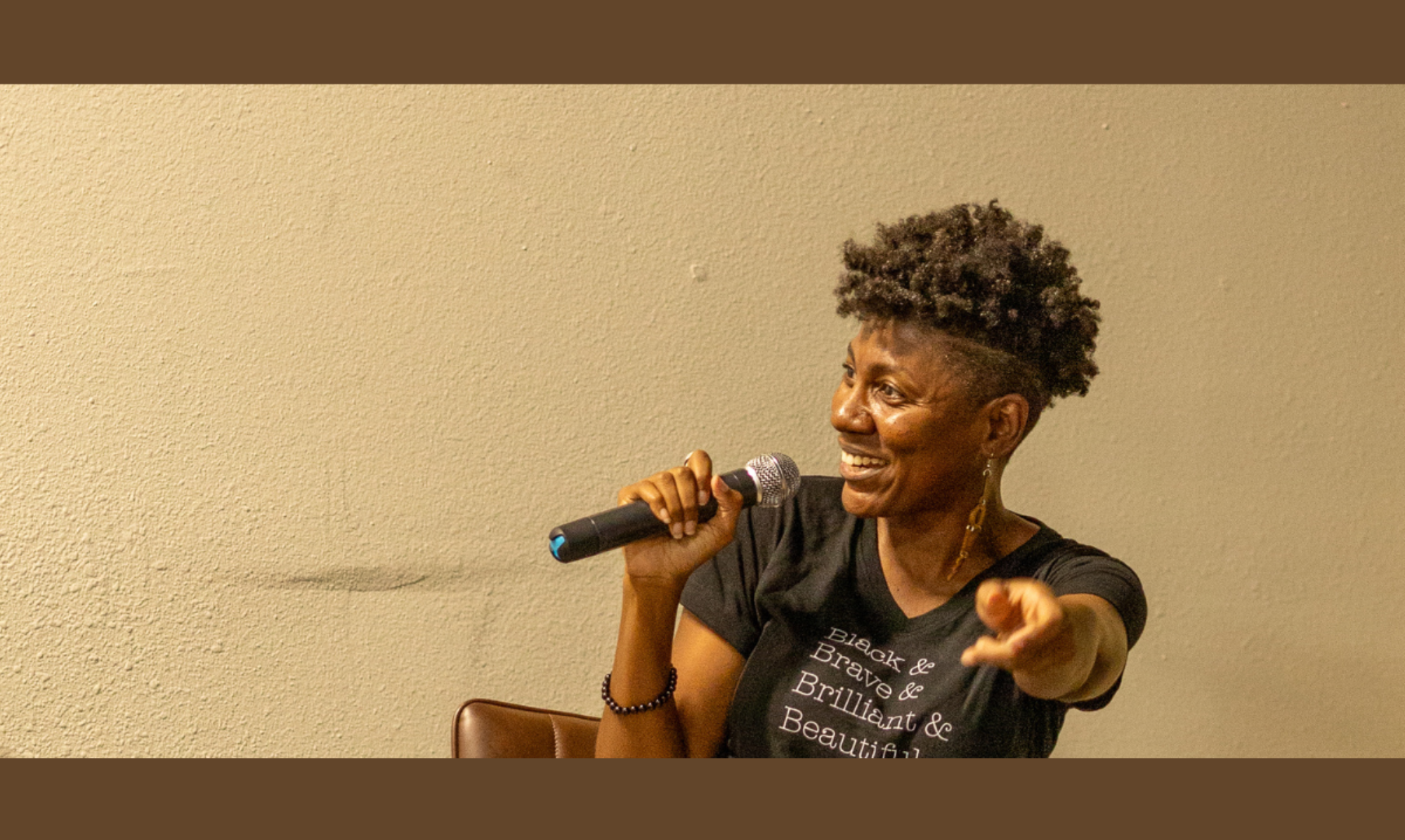While Hip Hop has many other problems (drugs, violence, homophobia, sexism, etc.), its standard of female beauty has long been a hot topic. Regardless of what we think about Hip Hop in general, it’s been labeled as part of the colorism problem; therefore, I think we should include Hip Hop in discussions about colorism remedies. In this post, I’ve been inspired by a particular artist to discuss opposing colorism in Hip Hop videos.
Music videos is one of the first issues brought up in discussions about colorism in America. This is an obvious place to start when you consider Hip Hop’s ubiquity and massive influence around the globe along with its infatuation with light skinned females and sometimes outright disdain for dark skinned females.
Most rappers and singers either proudly own their prejudices or make excuses and blame casting directors and modeling agencies. You’ll often hear them say, “That’s just the way it is.” or “There aren’t any dark skinned girls to choose from.”
There’s one young artist, however, who exposes the truth. Artists are not helpless. They can exercise control over their videos if they want to.
Kendrick Lamar made the conscious choice to replace a lighter skinned leading lady with a darker skinned leading lady for his “Poetic Justice” music video released several months ago. Lamar discussed his decision in an interview with Miss Info and reemphasized later on twitter that he doesn’t have a preference for any skin tone, but he’d always noticed there was disparity in casting and that he wanted to create some balance and promote equality.


So, Lamar has set an example, a rather courageous one. Not only did he make the choice on set, but he spoke about it openly and explained what he did and why, which is as important for opposing colorism in Hip Hop videos as the casting itself.
I’d be surprised if this brand of activism ever catches on the way more frivolous Hip Hop fads do, but it could. This is a start. It’s something.
I’m sure that even if casting improves, many will still choose not to watch certain music videos for other reasons, and I don’t blame them. But we can’t deny the fact that millions of children and youth watch these videos every day and are thus constantly subjected to the latent message that certain skin tones, hair textures, and features are unworthy of being seen, while others are the “gold” standard.
So whether or not we personally watch Hip Hop videos or allow our children to, it’s a medium that we must address if we’re going to fight colorism on a global scale.
Kendrick Lamar shows us that the industry is not utterly impenetrable. If fans and paying customers continue to support artists like Lamar who do the right thing on any number of issues, and (dare I say it?) curtail their fanaticism and support for artists who promote “light supremacy,” we might be able to make some progress.

